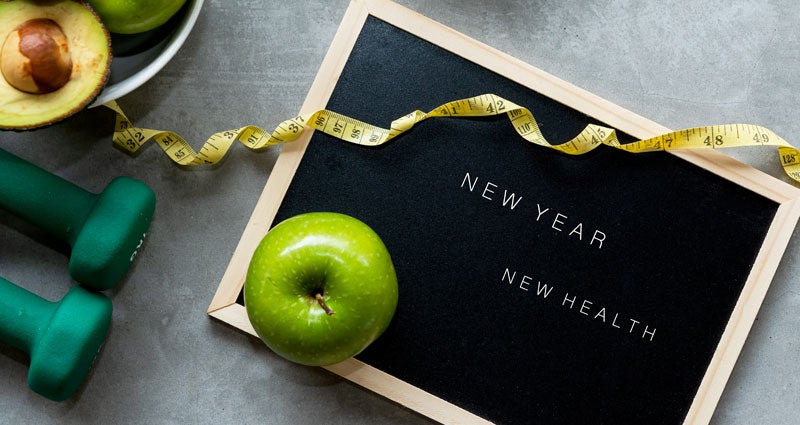Our Lady of the Angels Health Wants to Help Set You Up for New Year’s Resolution Success
Published 12:32 pm Thursday, December 29, 2022
|
Getting your Trinity Audio player ready...
|
Planning what you’d like to accomplish in the new year allows you to be more thoughtful about your goals—and start laying the groundwork to achieve them.
Follow best practices for setting and achieving your New Year’s resolutions and prep for your health game plan. If you’re looking to improve your health, a great way to start is by partnering with a primary care provider (PCP).
How a PCP Can Help You Have a Healthier Year—and Future
Like many people, your New Year’s resolutions may revolve around getting healthier. That can be difficult to do alone, but working with a PCP can make it easier. Your PCP will get to know your health and will recommend ways to reduce your risk for serious health conditions by making healthy changes in your everyday life—changes that can help you meet your resolutions.
There’s much more your PCP can do to help you improve your health, including:
- Help with managing chronic medical conditions
- Provide important screenings to find health threats early when they’re easier to treat
- Make referrals to specialists, if necessary
Kick off your New Year’s resolutions campaign by making an appointment with your PCP to discuss ways to boost your health.
Why Do Many New Year’s Resolutions Fail?
Some New Year’s resolutions are perennially popular. These include losing weight, being more active, quitting smoking, reading more, spending more time with loved ones and living life to the fullest. These goals are admirable, but they also have downsides.
Broad, vague resolutions, such as exercising more, can end up seeming daunting and unrealistic over time. If you set a big goal, such as quitting smoking, because it’s more important to other people in your life than to you, achieving your resolution may be more difficult.
Planning Your New Year’s Resolutions
How can you make New Year’s resolutions that you’re likely to stick to? Start by considering your motivation. You’re more likely to keep working toward a goal if it’s meaningful to you. In other words, make resolutions for yourself, not anyone else. In addition, keep things positive. One study found that people who set resolutions based on results they wanted to achieve rather than outcomes they wished to avoid considered themselves more successful at sticking to their resolutions.
It’s great to set your sights on big New Year’s resolutions, but you may be more likely to achieve them if you set small, specific goals to meet along the way. For example, if your resolution is to exercise more, a smart goal might be to walk for at least 30 minutes five evenings each week.
How to Stay on Track to Meet Your Goals
Once you’ve made your New Year’s resolutions, take steps that can help you attain them, including:
- Buddy up. Working toward a shared goal with a friend or family member will help keep you both accountable.
- Don’t take an all-or-nothing attitude to progress. All progress is good. For example, if you spend 15 minutes walking when you’d planned on 20, don’t be hard on yourself. You walked, and that’s better than being sedentary.
- Reward yourself. Do something you enjoy when you reach key milestones.
- Track your progress. You can do this in a notebook or on your computer, phone or tablet. Tracking your progress can help you stay motivated by allowing you to see how far you’ve come since you started working toward your goal.
Resolved to improve your health in the year ahead? Visit doctors.oloah.org to find an Our Lady of the Angels PCP who can help you plan how to make healthy lifestyle changes.
For more seasonal health tips, visit health.fmolhs.org





